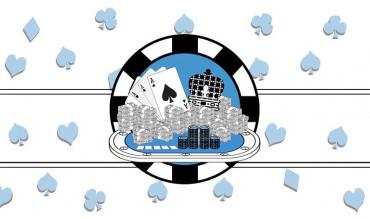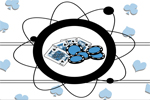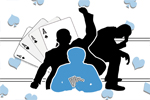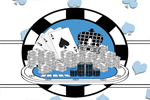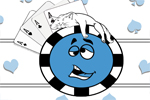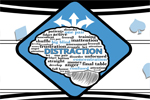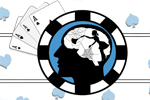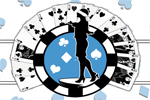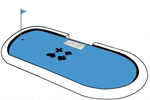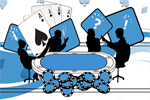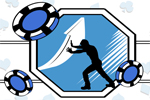A Variance Expert
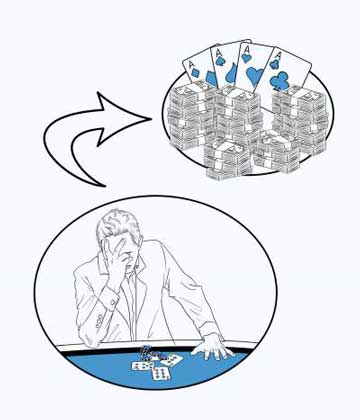
What sets poker apart from other games is variance. Poker is a game of luck and skill where the best players win in the long run, but regularly lose to worse players in the short term. When you think about games you played prior to poker, unless something crazy happened like a ref missing an obvious call, itwas easy to know who was better. The better player or team is the one that wins. But in poker it’s not that simple. Variance hides the truth and gives false feedback about a player’s skill.
How well do you think you understand the luck aspect of poker? If you’re anything like the players I’ve worked with, chances are you don’t understand it as well as you think. Poker players tend to understand variance better than the average person, but the way they react emotionally to variance proves there is still more to learn. Here are a few examples that may indicate a poor understanding of luck:
The Pendulum of Luck
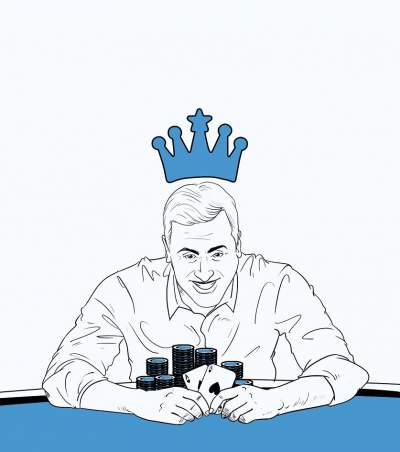
- You are frustrated losing to a weaker player
- You choose to play lower variance games after a bad run
- You become tilted from bad beats
- You play lower stakes after a bad run,while still being bankrolled for higher stakes
- Your motivation is affected by a good or bad run
- You ignore mistakes when running well
- You have questioned whether you’ll ever win again
- You quit early to “lock up a win”
- You become desperate to fix your game only when losing
- You check your results constantly while playing
Dealing with the Uncertainty
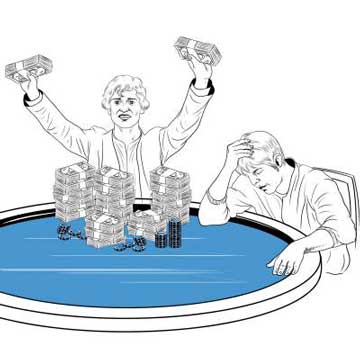
Players at every level of the game, even highly-skilled players, have significant holes in their understanding of variance. In a coaching session, they’re often dumbfounded when I ask what the probability is that they could run like this given their win-rate or ROI. Everyone knowslosing with AA to KK is bad luck, but not everyone knows how long a bad run can typically last. The amount of variance in poker cansometimes be shocking and can leave players unsure of what to believe.
For players who struggle to deal with variance, the problem is often not the wild swings or the perceived unfairness, it’s uncertainty. Sure the losing streaks hurt, but what really kills you is not knowing when it will end. Imagine going through a particularly rough stretch of bad luck where you can’t win no matter what you do, but someone magically told you that, “If you keep playing your normal game and volume, the bad run will be over in a week and you’ll be back winning like usual.” Instantly the stress and tilt would disappear, and your motivation and confidence would be restored. It wouldn’t be fun to keep losing for another week, but knowing the future would make it a lot easier.
Obviously, no one can tell you when a bad run will end or what cards will come next, but it is possible to handle variance better without a crystal ball.In the last chapter, I discussed howdealing with the uncertainty of losing is easier when you improve yourability to recognize the differences in your game. By the same measure, improving your skill at recognizing variance can provide a further buffer against uncertainty.
In the past, the main way players learned to deal with variance was simply going through it. That’s still largely the case, but there is another way: become a variance expert by studying it in similar ways that you would any other aspect of the game. Here are some ideas how:
Crunching the Numbers to Understand Variance
- Look at what is mathematically possible over what period or sample size by using a variance calculator (cash and tournaments). It’s a great tool to better understand what to expect.
- If you have a database of hands, study the winning and losing periods.
- Don’t dismiss stories from other players about how bad they are running, and assume that means they’re a weak player.Try to learn something about the extent of their bad run.
- Great poker players are experts at dealing with uncertainty and many of them answer questions on social media and forums. Check them out.
- Write a short essay about what you’ve learned about variance. Study it every day that you play.
- At the end of each day you play, rate how well you played, the degree of challenge posed by your opponents, and how much variance was in your favor or against you. Provide evidence for your rating.If you played great, against weak competition and lost money, it’s likely that variance was against you. Since this idea relies on your opinion, it’s easy to convince yourself of things that aren’t true, so be sure to provide evidence for your rating. Also, consider asking other players for feedback. If your evaluations prove to be accurate, you’ll be able to trust your impressions more.
Adopt a Measured Approach
As you study variance more, and what you learn starts to stick in your mind, you’ll move from having a surface level understanding of variance to an instinctive one. When your knowledge of variance reaches that level, it will fundamentally change how you react to bad beats, coolers, suck outs, long streaks of losing coin flips, etc.in real time at the tables. An instinctive understanding of variance means you can handle good and bad swings without dramatically changing your play. You won’t have to drop down or jump up in stakes, take unplanned long breaks, or quit when ahead or rely on a stop loss. These are strategies that players use to manage their negative reactions to variance. You’ll know you’ve made significant progress in handling variance when you automatically don’t need to use them.
Poker is a battle of the perception of skill as much as it is a battle of actual skill. The very fact that weaker players choose to regularly step into the arena with professionals, and gamblers convince themselves they have a “system”, is testament to this dichotomy. The main reason players have such large misjudgments of their skill level is variance. Without it, poker would be like chess. Most poker players understand this at a basic level, but only when they have a much stronger understanding of variance are they able to persevere through downswings and remain humble during the good times.
Jared Tendler, MS, LMHC is licensed therapist specializing in sport psychology and is the leading authority on the mental game in poker. Over his nearly 10 years coaching poker players he has worked with over 500 players hailing from over 45 countries, including many of the top players in the world. He is also the author of 2 best-selling books on the subject, The Mental Game of Poker 1 and Poker 2.
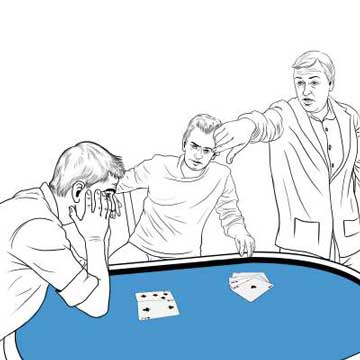 |
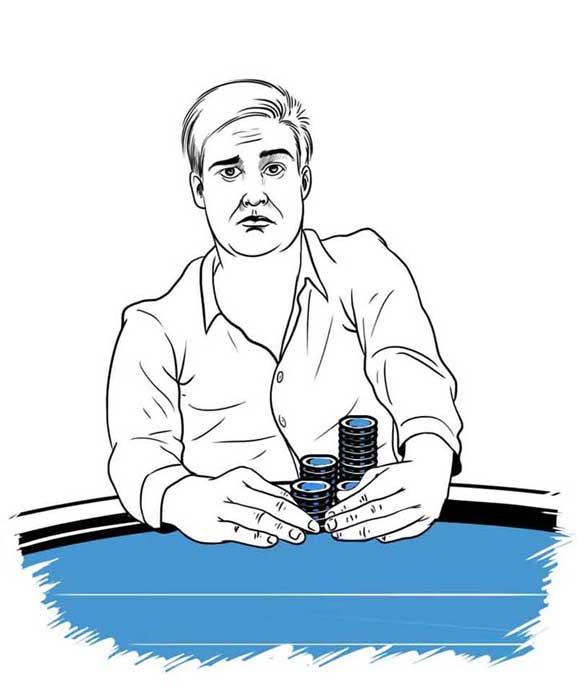 |
 |
